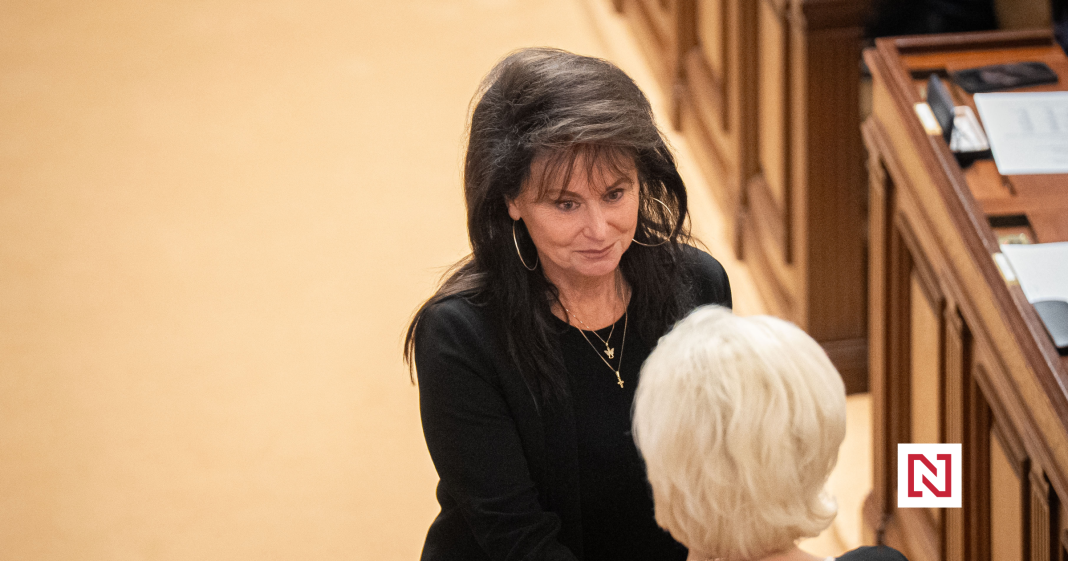The Czech Republic’s political landscape is seeing a shift as key parliamentary committees are now led by prominent figures Vesecká, Pikora, and Peštová. Meanwhile, politicians Turek and Rajchl are making their mark on the international stage by joining a significant international group.
Leadership of Parliamentary Committees

In a notable development within the Czech political scene, the leadership of key parliamentary committees has been entrusted to Vesecká, Pikora, and Peštová. This decision highlights the increasing influence of these figures in shaping the legislative landscape of the country. Each leader brings unique perspectives and expertise to their roles, promising a dynamic approach to governance.
Vesecká, known for her legal acumen, is now at the forefront of crafting policies that will address core national issues. Pikora, with a background in economics, is expected to focus on fiscal responsibility and sustainable economic growth. Peštová’s involvement aims to advance social policies, ensuring a balanced approach to legislative priorities.
Turek and Rajchl’s International Engagement

On the international front, Czech representatives Turek and Rajchl have recently joined an influential international group. This move signifies Czechia’s commitment to participating actively in global discussions and fostering international cooperation. Turek, with his diplomatic experience, is anticipated to play a pivotal role in navigating international relations.
Rajchl’s participation is also of strategic importance, enhancing the country’s presence and influence in the international arena. The involvement of these representatives underscores Czechia’s dedication to aligning with international standards and contributing to worldwide initiatives.
Impact on Czechia’s Political Dynamics

The leadership changes in key parliamentary committees are likely to influence the country’s policy-making process significantly. As these committees spearhead legislative initiatives, Vesecká, Pikora, and Peštová’s guidance could lead to substantial reforms that align with both national interests and international expectations.
This strategic shift might also alter the political landscape, affecting future electoral dynamics and party strategies. The emphasis on comprehensive legislative leadership might further consolidate the country’s political stability and enhance its international standing.
Prospective Outcomes and Future Directions

The evolving political dynamics with leaders at the helm of parliamentary committees and international engagements are expected to yield both short-term and long-term outcomes. Economically, Pikora’s leadership could see the implementation of policies that boost innovation and sustainability.
Socially, Peštová’s focus on equity may lead to initiatives that address educational reforms and healthcare improvements. Additionally, Turek and Rajchl’s involvement on the international stage is likely to enhance bilateral and multilateral relations, fostering Czechia’s role as a key player in European and global affairs.
The recent appointments in Prague mark a promising journey ahead for Czechia’s political and international landscape. The synergy between national leadership and global engagement could usher in an era of progress and collaboration.





